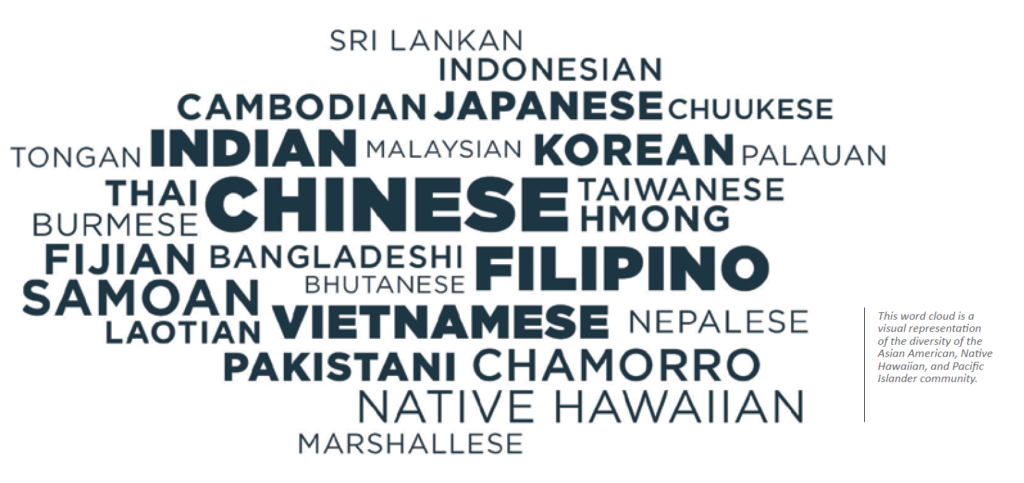Did you know? Federal agencies (like those that administer education, housing, and employment programs, just to name a few) are NOT required to count detailed data for diverse communities. Instead of asking whether an elder identifies as “Cambodian,” “Vietnamese,” or “Marshallese,” they simply ask whether a person is “Asian.” People who are Puerto Rican, Mexican, or Brazilian are all lumped together as “Latino.” And agencies are not required to ask ANY questions about sexual orientation or gender identity — and efforts are even underway to remove those questions from federal surveys that do ask for that information. This means our communities remain misrepresented, left out of policy and program decisions, and under-funded.
But the Southeast Asia Resource Action Center (SEARAC) has partnered with several other Asian American, Pacific Islander American, and Native Hawaiian-serving organizations to submit comments to the White House Office of Management and Budget about the necessity of disaggregated data to diverse communities. We have just one week left to collect as many comments as possible about the importance of collecting data on diverse elders!
During our recent civic engagement campaign, we received thousands of comments from diverse elders across the United States about what they need to age with health and dignity — and one of the top three recommendations from those comments was the need for better data collection about diverse communities. Some of the comments we received reflected the desire and need for our communities to be counted. “So many insights and people are missed with aggregated data,” wrote one commenter. “Disaggregated data will better identify needs and solutions. It is important to support community-led AAPI organizations to ensure that services are culturally and linguistically relevant and effective.”

Image by White House Initiative on Asian Americans and Pacific Islanders
“The lived realities of Southeast Asian American refugee and immigrant elders are so often invisible, unknown, and underserved,” said Quyen Dinh, Executive Director of SEARAC. “For example, while half of Asian American and Pacific Islander elders experience limited English proficiency, this rate is even higher for Southeast Asian American groups – ranging between 85%-90% for Vietnamese, Laotian, Cambodian, and Hmong communities. We would not know this – and we could not begin to address those communities’ unique language access needs – without disaggregated data.”
Between now and April 28th, please take a minute to submit your comments to the Office of Management and Budget – and tell our elected officials about why disaggregated data matters to you and your communities. And if you need some talking points, check out the Diverse Elders Coalition’s new fact sheet about disaggregated data collection and diverse elders! Read, download, and share it here.
The opinions expressed in this article are those of the author and do not necessarily reflect those of the Diverse Elders Coalition.

